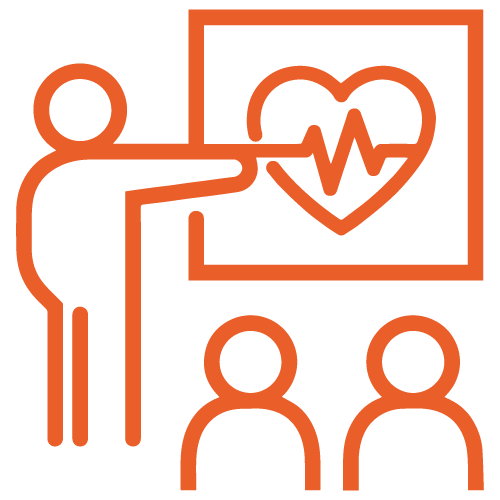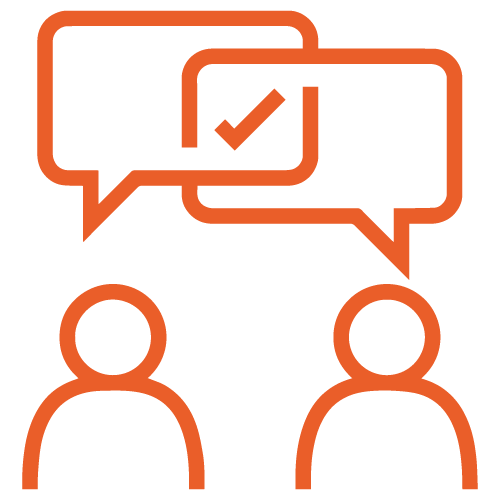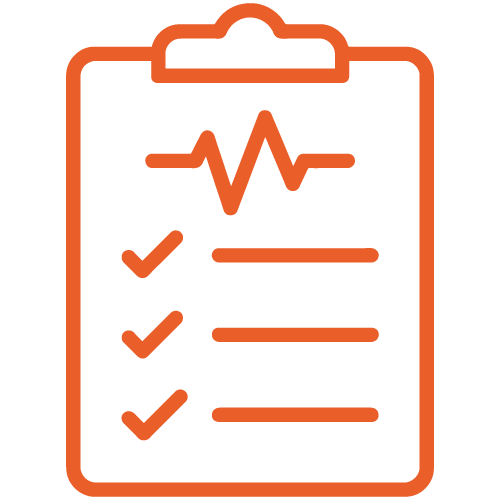This September, we honor National Recovery Month. It’s a time to celebrate hope and affirm that people can and do recover from substance use challenges. Throughout the month, we’ll raise our voices, broaden awareness and celebrate the remarkable progress made by so many on their recovery journeys.
What is National Recovery Month?
National Recovery Month was established in 1989 by the Substance Abuse and Mental Health Services Administration (SAMHSA) to promote evidence-based treatment and recovery practices. It also celebrates the nation’s vibrant recovery community and honors all those who help make recovery possible.
Why is National Recovery Month Important?
National Recovery Month plays a vital role in fostering understanding and driving positive change in the fields of addiction and mental health. By recognizing it, we can:

Bring attention to the resources, services and support systems available for those in need.

Educate others about the nature of addiction, the recovery process and available tools.

Foster a sense of community among individuals in recovery, their families and supporters.

Celebrate and acknowledge the achievements of individuals who are in recovery.

Show that recovery is possible by sharing stories and showcasing successful outcomes.

Reduce stigma and foster a more supportive environment for those affected.

Encourage advocacy for better policies, funding and research.

Help dispel myths and misconceptions about addiction.
How Does the National Council Support Recovery?
Supporting recovery is at the heart of our mission to advance mental wellbeing. Mental wellbeing is a state of thriving. It is the foundation of living a strong, healthy and fulfilling life. We believe that mental wellbeing is achievable for everyone — including individuals living with or recovering from a mental health or substance use challenge.
We support recovery year-round by sharing resources to educate the field, hosting events that highlight emerging trends and best practices, delivering trainings to strengthen the workforce, showcasing lived experience through storytelling, and advocating for stronger, better-funded and more integrated behavioral health and recovery systems.
How Can I Learn More About Recovery?
Throughout the month, we’ll host webinars that examine how communities, workplaces, families and care providers can support recovery at every stage.
- Redefining Recovery: A Human-centered Approach to SUD Care
Sept. 10, 2-3 p.m. ET
Traditional approaches to substance use disorder (SUD) care often fall short, leaving many without the support they need. In this special webinar, we’ll explore human-centered solutions with Dr. Nzinga Harrison, cofounder and chief medical officer of Eleanor Health, a leader in chronic SUD care since 2019. Register today! - Recovery Ready, Set, Go!
Sept. 16, 2-3 p.m. ET
What does it mean to be recovery ready in practice, not just in principle? Join us for a special conversation with experts on recovery-ready communities, workplaces and families. Together, we’ll explore how to create environments where recovery is respected, supported and sustained. Register today and then read our Recovery-ready Family Framework to familiarize yourself with the topic. - Stories of Hope: A Value-centered Approach to Storytelling
Sept. 18, 3-4 p.m. ET
Whether you’re engaged in recovery, advocacy, youth work or community outreach, your story has the power to inspire and connect. In this informational webinar — developed in partnership with Joseph Green of LMSvoice — you’ll be guided to reflect on your journey, uncover pivotal moments and craft compelling stories that highlight your values, resilience and growth. Register today!
How Can I Support Recovery?
Show your support by staying informed and helping those in need. Here are some tools and resources to help you get started:
- Recovery Tools: Visit our Substance Use Hub to find resources like Challenges in Standardizing SUD Care Coordination. This issue brief identifies barriers and solutions for a more reliable system of care. You’ll also find learning opportunities like our monthly open forum on the topic.
- Get Trained: Equip your team or organization to recognize and respond to mental health and substance use needs by taking Mental Health First Aid, a skills-based training that’s trusted by millions worldwide. Explore our courses!
- Raise Awareness: Help us bring attention to recovery by downloading our National Recovery Month graphics and sharing them on social media. Every post you share helps fight stigma and celebrates the power of recovery.
How Can I Stay Informed of Recovery News?


